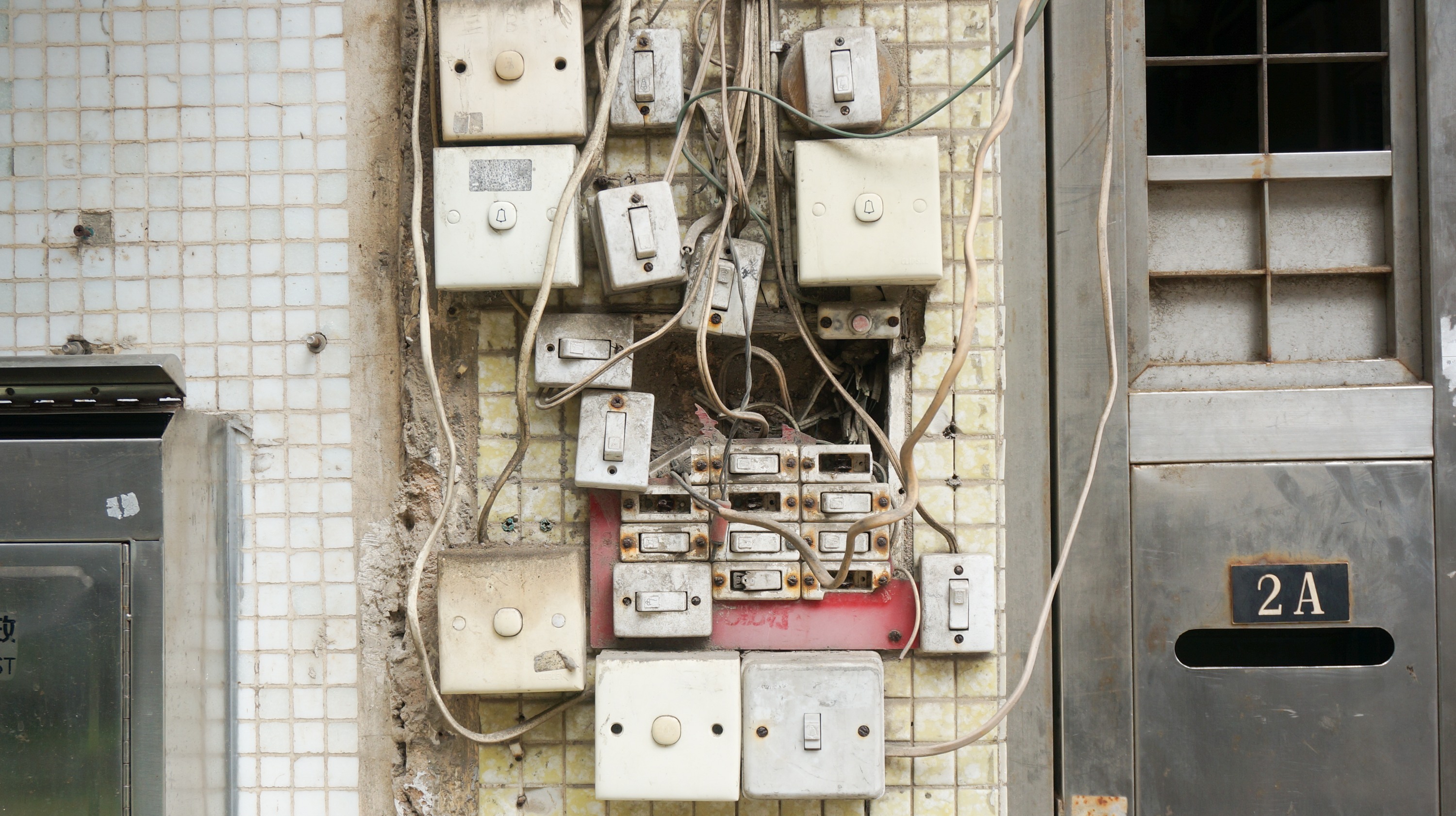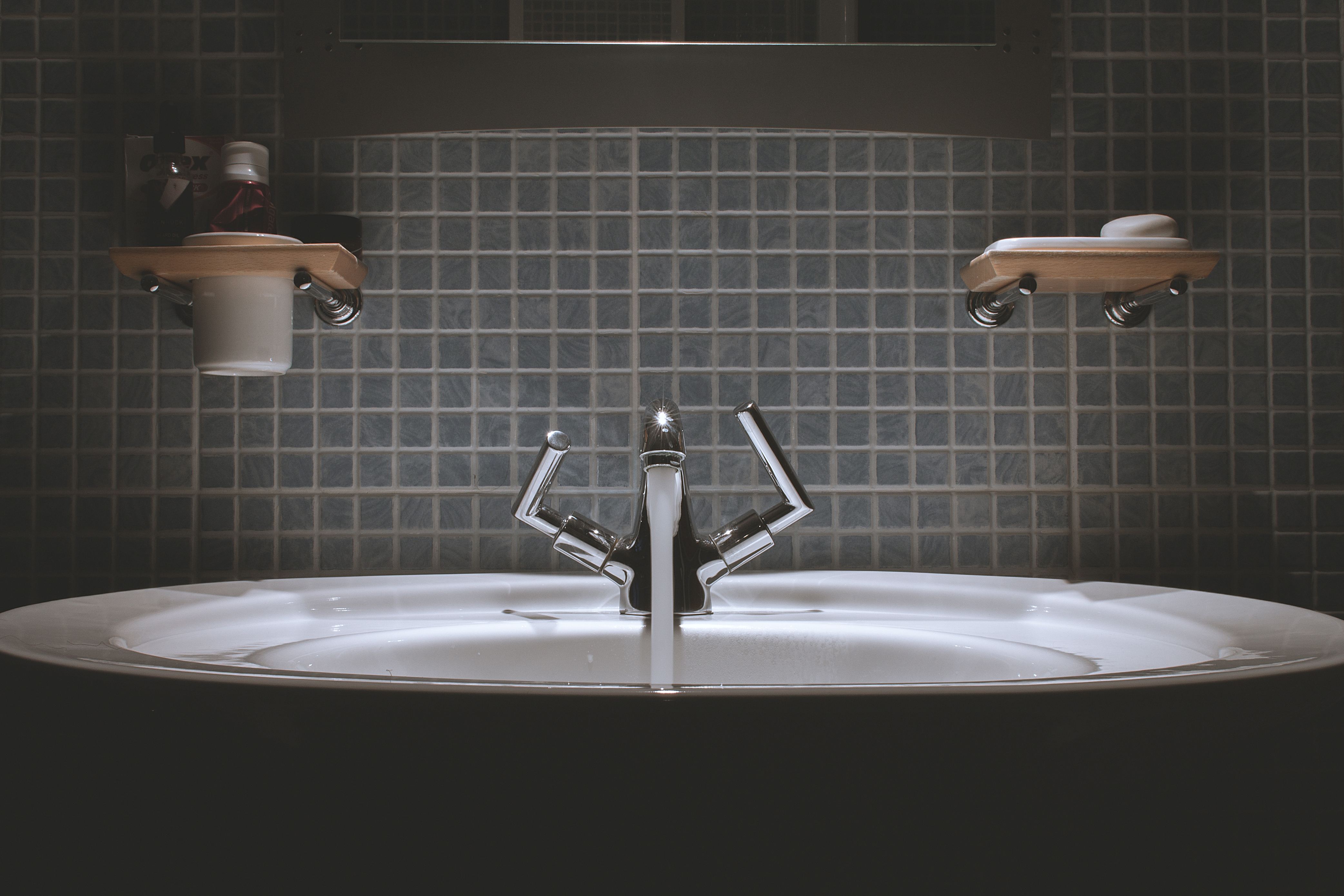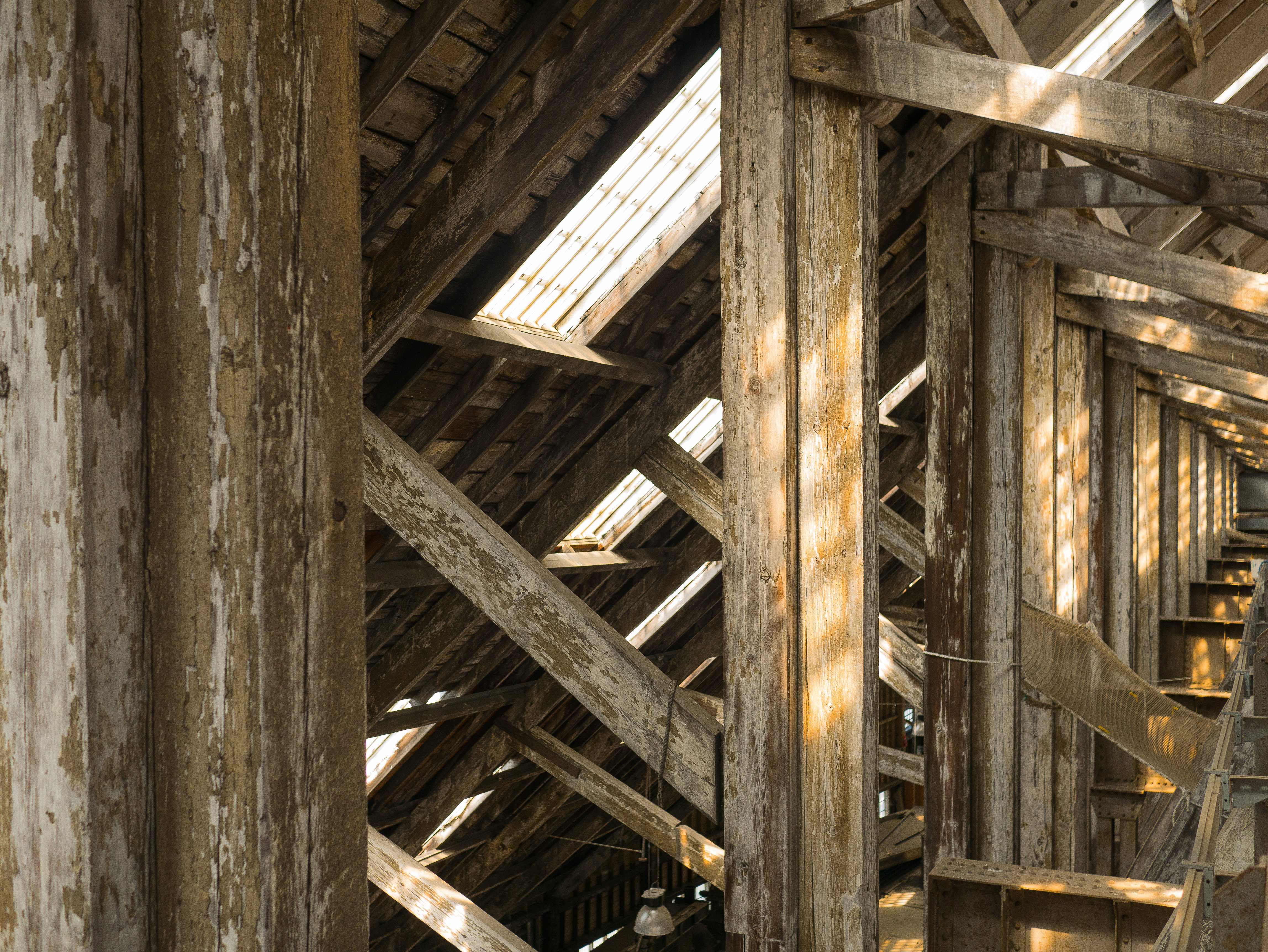There’s no doubt that remodeling projects can increase a home’s value and curb appeal, but the rise in popularity of home makeover TV shows and YouTube tutorials means that an increasing number of homeowners now feel confident in tackling renovations on their own, sometimes with disastrous results.
When done incorrectly, the same home improvements that were meant to save money could end up costing you dearly. In fact, research shows that botched DIY jobs can lower a home’s value by tens of thousands of dollars and can even turn potential buyers off entirely.
Aside from this, many remodeling projects require building permits or licenses, which can be a confusing and time-consuming process for the uninitiated, not to mention that DIY projects may invalidate your homeowner’s insurance coverage.
So while you can probably manage simple DIY projects like painting or basic repairs, you may want to think twice before tackling any of the following home improvements without the help of a licensed professional.
1. Electrical jobs
Any DIY project that involves working with electrical circuits or running new cables should be left to a licensed electrician who understands the risks and will follow the proper safety protocols.
If you’re lucky, you could end up with fried appliances and faulty connections. Worst case scenarios include electrical shocks and fires, with data from the National Safety Council showing that electrical hazards cause nearly one fatality every day, and are listed as the cause of about 4000 injuries each year. This is why there are very strict codes in place when it comes to where and how electrical switches, outlets, and appliances should be installed.
Even seemingly simple jobs like installing a ceiling fan could go very wrong if you don’t know what you’re doing. You wouldn’t be the first person to have a ceiling fan come crashing down or inadvertently starting a fire by twisting wires together and securing them with electrical tape.
2. Plumbing jobs
Unless we’re talking about unplugging a drain or fixing a leaky faucet, plumbing work is another home improvement project that is better left to the professionals.
Of course, it should go without saying that larger projects such as installing sewage tanks or water heaters should not be attempted by amateurs, but even smaller DIY jobs can end up going terribly wrong. Improperly installed toilets, bathtubs and piping can lead to leaks or even flooding, and water damage can be very costly to repair.
3. Tiling
Doing your own tile work may seem like a good way to save money, but while it looks easy enough, there’s a lot more to a good tile job than lining up the tiles in a straight line. This is not to say that it’s impossible, but unless you’re particularly experienced, tiling your own bathroom or kitchen will likely end up taking you far longer than it should, and there are a number of things that can go wrong.
Before you can even start laying the tiles, you’ll need to properly prepare the surface and make sure it’s even. Then there are also the not-so-small matters of choosing the right tiles, measuring and cutting them to fit around obstacles such as pipes and sinks as well as grouting and sealing.
4. Roofing
Repairing or replacing damaged roofing materials is another popular DIY project that has the potential to go very wrong. For one thing, it only takes one wrong move or loose tile to send you over the edge. Falls from roofs account for about a third of all fall-related construction fatalities. So ask yourself if the money you’d save by doing the job yourself is worth risking personal injury.
Aside from this, poorly executed roofing work will likely look uneven and be very noticeable from the outside, which will lower your home’s curb appeal and affect its resale value.
5. Structural changes
Any renovations that involve structural changes should never be carried out without the help of a licensed professional. Knocking out walls without adding the necessary support could weaken your entire home and can cause serious damage, whereas tackling smaller building projects such as decks or gazebos without the necessary permits could lead to some hefty fines.
When in doubt about whether you should DIY, always consider whether you have the expertise and tools necessary to safely and effectively complete the job, and then ask yourself whether the money you may save is worth the time and effort you’d need to put into it.
Featured photo credit: Barn Images via unsplash.com
















































